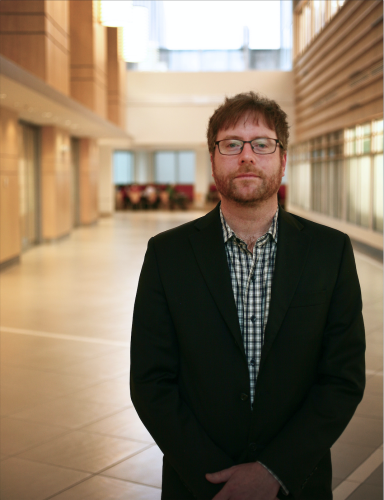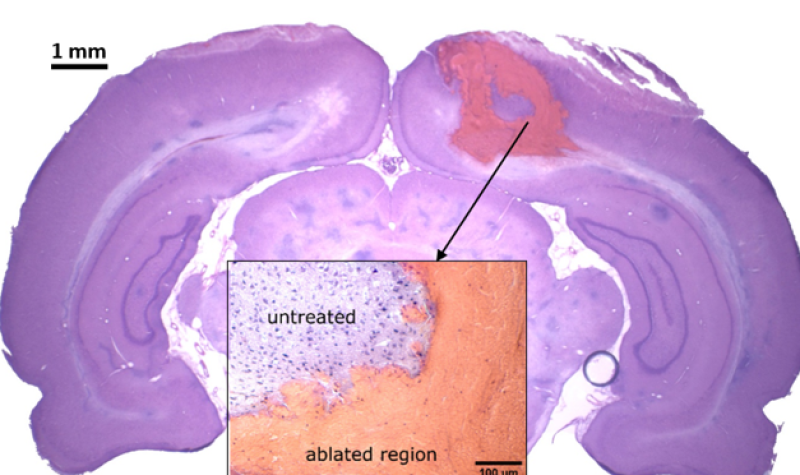Finding more effective ways to treat cancer tumours by a new focused ultrasound technique, Dalhousie University researchers are set to pursue ground-breaking health innovations with $4.8 million in new project grants from the Canadian Institutes of Health Research (CIHR).
CIHR Project Grant funding supports studies with the greatest potential to advance fundamental and applied research, and the health outcomes of Canadians.
The university's research team will be receiving $700,000 over a span of five years.
Dalhousie University Professor Dr. Jeremy Brown, from the school of biomedical engineering, said the funding will be going towards students and research staff to conduct a preclinical study on a brain cancer model, as well as covering salaries and ultrasound scanning costs.
Brown's research program is focused on developing new ultrasound technologies as well as ultrasound therapy technologies with a target to obliterate tumours.

Dr. Jeremy Brown has been at Dalhousie University for 14 years. His research focuses on developing new ultrasound technology aimed at obliterating Glioblastoma tumours. Photo contributed.
"This is a kind of new technology where you can essentially obliterate tissue with an ultrasound pulse. Essentially, you convert it into gas bubbles just by applying enough focused pressure on a point and so the tissue turns into gas bubbles, and then when it collapses, it just turns into tissue fragments. And so this is a very new type of tissue ablation,"
- Dr. Jeremy Brown
The benefits of this process are that it requires no heating of the tissue, and initiates a positive immune system response.
Brown explained that all tumour ablation technologies, such as radiation, RF ablation, and mechanical scalpel resections initiate some immune response from the body where it recognizes the tumour and wants to attack.
"The brain tumour that we're targeting is glioblastoma, a type of cancer that's universally fatal. The standard of care is to go in, resect the tumour and the surgeon will surgically remove it the best they can. Then follow up that treatment with something like chemotherapy or radiation, but 100% of the time the tumour comes back."
Glioblastoma is a malignant, deadly, aggressive and fast type of cancer that affects the brain or spine. It requires treatment and surgery after a week of being discovered in a patient, according to Brown. It is also prominent among children and younger adults.
"The technology we're developing is still a surgical approach. So you would go in and still surgically remove the tumour. However, if you surgically remove it with this type of ultrasound ablation instead of the technology used now and then combine it with immunotherapy, the real advantage is that it's possible you could actually cure non-curable cancer," said Brown.
Listen to the full interview below:


